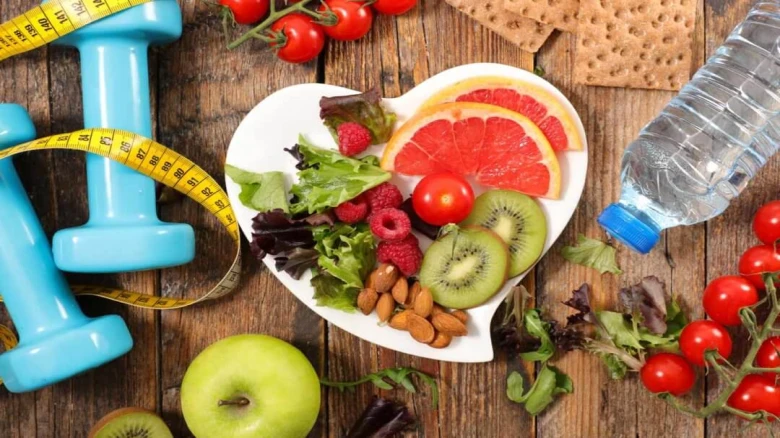Smoothies that include fruit, fibre (try berries, flax, chia, and prebiotics like acacia or psyllium husk), a little amount of plant-based protein, some greens (or greens powder), and one or two spices (I love cinnamon for blood-sugar stability). Digital
Desk: More than any other organ, our brain requires around 20% of the energy we
receive from food in order to function. This indicates that "it needs
food," as New York-based dietitian Rachelle Robinett is quick to point
out. But what specific foods may you eat to improve your cognitive function?
Can our diet actually increase our productivity?
As the creator of
Pharmakon Supernatural and a herbalist, Robinett's work focuses on providing
useful, plant-based remedies for leading a healthy lifestyle. She offers her
perspective on how food, herbs, and supplements might assist to enhance brain
function and enable us to work more productively than ever below. Ø The function of the brain improves with better
diet. Focus depends on having stable blood sugar levels because spikes and
crashes can make you jittery, anxious, foggy-headed, distracted, and sleepy. Ø I also enjoy explaining how neurochemicals,
such as serotonin and dopamine, affect focus and other seemingly unrelated
phenomena, such as desires for carbohydrates. For instance, serotonin, which is
released when we eat gratifying or high-carbohydrate foods, is frequently the
source of our desires for sugar. There are many methods like that, including
supplementing with tryptophan, to meet that demand without eating a cookie.
Dopamine is a critical factor in focus, as is known from flow-state research
that links the neurotransmitter to clarity, creativity, and the productivity
groove.
Ø Overall, nutrient-dense foods with a balance
of slow carbohydrates, high-quality fats (particularly omega fatty acids from
fish or algae), and a trace amount of protein are the healthiest foods for our
brains. I support eating primarily plant-based foods and avoiding processed and
refined foods to the greatest extent possible.
Ø It's also crucial to remember gut health. The
relationship between our digestive health and cognitive function is known as
the "gut-brain axis," and it is extremely genuine.
Ø Smoothies that include fruit, fibre (try
berries, flax, chia, and prebiotics like acacia or psyllium husk), a little
amount of plant-based protein, some greens (or greens powder), and one or two
spices (I love cinnamon for blood-sugar stability).
Ø Omega oil or fish supplements of the highest
calibre.
Ø All the vegetables and fruit. Half our body
weight in ounces of water per day, minimum.
Ø If you can't digest flour properly, it can
sabotage your productivity and a lot of other health goals. This includes
gluten-free flour. Think about substituting it with any raw plant-based option,
and be prepared for transformation dependi ing on how much of your life it
currently occupies.
Ø Our brains are seriously harmed by excessive
amounts of sugar, coffee, alcohol, and other inflammatory foods and beverages.
Additionally, there are currently solid studies connecting neuro-inflammation
to mood problems and mental health. (After nutrition, of course, turmeric is
one of my favourite herbs for balancing this.
Ø Meal planning triumphs in this situation. In
addition to a smoothie (see above), substantial (very hearty) vegetable bowls
with the choice of a small amount of protein (animal- or plant-based), and a
variety of delicious snacks, I advise them.
Ø I personally enjoy to chew as I write,
therefore I prepare large spreads of loads of crisp, raw fruit and veggies.
Consider olives, sauerkraut, seaweed snacks, and salty salads if you enjoy
salt.
Ø Choose fruit or sweet potatoes, yams, and
plantains if you want something sweet. If you like chocolate, make a
superfood-infused herbal mocha out of it and drink it as you work.
Ø Sleep is crucial, so try to get as much of it
as you can. If stress is interfering with your work, think about taking a
combination of herbs and vitamins that promotes adrenal function and HPA-axis
balance. The majority of these are longer-term commitments that aid in
gradually restoring the body's normal stress response. I adore this piece
because it sounds like magic but is actually just nature.

Leave A Comment